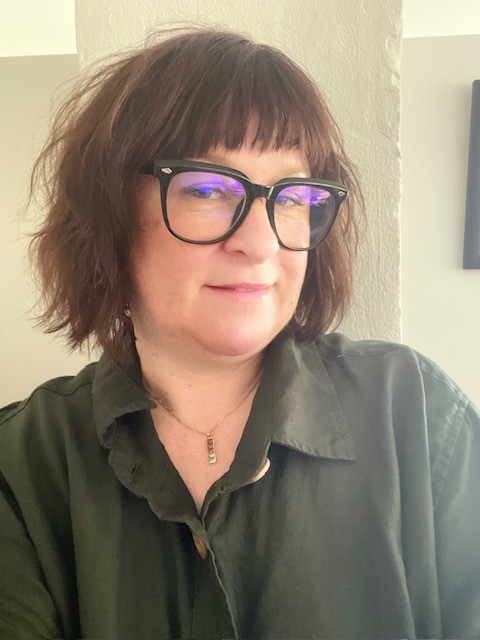The ultimate first-home buyer’s checklist for securing a loan
'Preparing for a home loan application': youtube.com/mortgagechoice
Here’s a checklist of what you need to do when applying for a loan.
1. Prepare to be an open book
First home buyers often underestimate just how much financial information they will need to give their mortgage broker when applying for a loan, Melbourne-based Mortgage Choice broker Josh Almond says.
“First home buyers don’t seem to understand that they need to share everything with us so the lender can make an informed decision,” he explains.
For example, people don’t know their HECS debt and often say they don't know they need to provide details of exactly what they still owe.
“Keep an open mind about the importance of the flow of information to your broker and understand that we want the best possible outcome for you," Mr Almond says. "We’re here to maximise buyers' capacity to borrow."
2. Learn the lingo
Mortgage brokers are going to throw around a few financial terms you may not be familiar with, so take time to read up on a few of the common terms can help you keep up during the loan application process.
That way, you will understand what you’re being asked for, and what you’re signing.
Mr Almond says a common term that trips first home buyers up is ‘liabilities’, which simply means the debts or financial obligations that you currently have in place. In other words, what you owe.
3. Ask the right questions
You might be hoping to have the capacity to borrow a lot to get the house of your dreams, but don’t forget, you need to pay it back – with interest.
“A lot of first home buyers ask how much they can borrow," Mr Almond says. "What they should be asking is how much they can afford in mortgage repayments, and then look at whether that correlates with what a bank can provide them."
4. Provide a budget
Now is the time to list your assets and liabilities in one place so a mortgage broker can get a full picture of your finances.
This means providing a full list of your assets and liabilities, including expenditure on a weekly basis in a budgeted breakdown, which will give your mortgage broker something to work with.
A budget allows the mortgage broker to calculate your borrowing capacity so that you can cover a mortgage, compared to your currently rental payments.
Don’t forget to list any outstanding debts with Buy Now Pay Later providers and credit card companies. “Even better, pay these debts off before you see the mortgage broker,” Mr Almond says.
“Getting ready to borrow means minimising any liabilities or loans you have prior to applying for a loan, which can improve the outcome of your application,” he adds.
5. Consider your goals and objectives
Whether you want to buy a house and not pay off other debts just yet, or you’re working hard to clear debts, your mortgage broker needs to know.
Be prepared for your mortgage broker to do a deep dive on your bank accounts, and help you understand the ongoing costs of owning a home.
While a mortgage is no doubt expensive these days, it’s important to leave room for holidays or other important parts of your life, Perth-based Mortgage Choice broker Mila Cross says.
“People get too fixated on just wanting a home as the only life goal, and lose focus on other areas that they need to also keep in focus," she says. "Putting savings aside for other important things in life is also important."
6. Get your credit report
Your mortgage broker will want to see a credit report on you, and will ask you to review it before they even put you forward to a lender. This report gives your mortgage broker a basic overview of your financial situation.
“Bear in mind that excess credit enquiries will lower your credit score. Also, thinking you need credit to get credit is incorrect and unnecessary,” Ms Cross adds.
7. Check your bank statements
Your mortgage broker will go through your bank account statements with a fine tooth comb, looking for any over drafts, which is where money has been taken out of your account by a bank, creditor or client and the account has insufficient funds.
“This can affect your chances of getting credit,” Ms Cross says.
Signs of gambling transactions and unnecessary spending that will impact buying capacity will also be queried.
“I look for undeclared transactions and check that repayments have not been missed or incorrectly paid," she explains. "Clients that are paying rent, I check that correct repayments have been made. I get the clients to check through all of this themselves, then we go over it together.”
Cross will also look for evidence that you have a deposit in your account.
“I encourage all clients to have all financials assessed by me prior to making any offers on properties. This way they aren’t wasting anyone’s time."
8. Put aside some time
Getting the relevant paperwork together, filling out firms and retrieving previous pay slips takes time – in some cases, it could take weeks of back and forth with your mortgage broker.
Depending on how organised you are, you may need to take some time off to get all of the paperwork together.
“Buyers sometimes tell me that they don’t have the time to pull together the information I’m requesting," Mr Almond says. "They don’t realise that they need to spend the time to pull together the information to make sure we are giving it the best opportunity with a lender."



